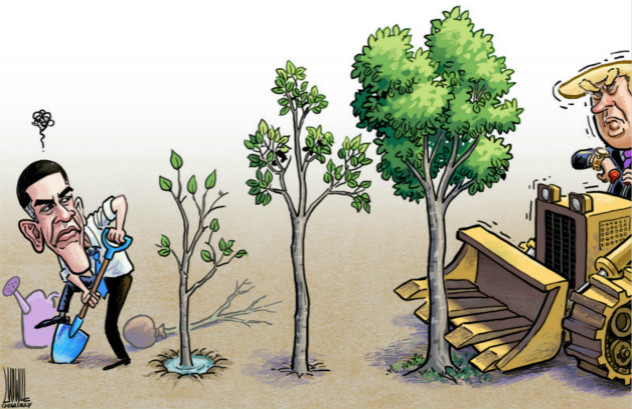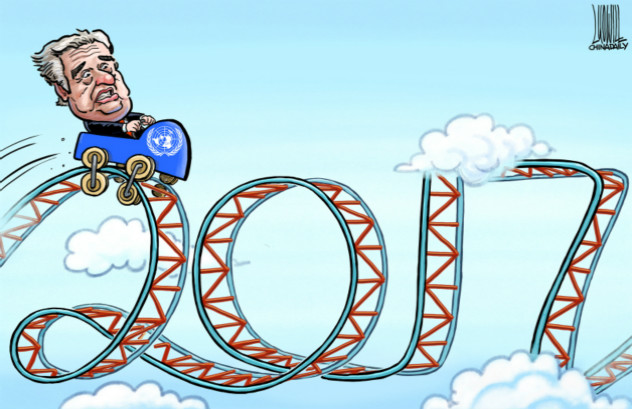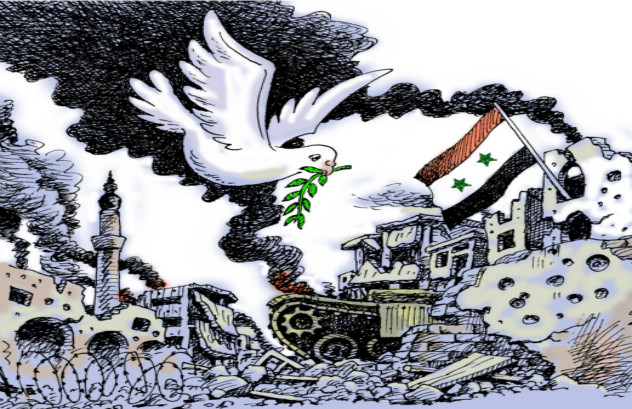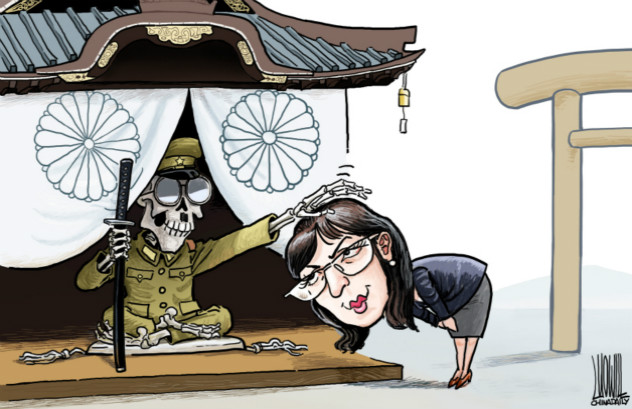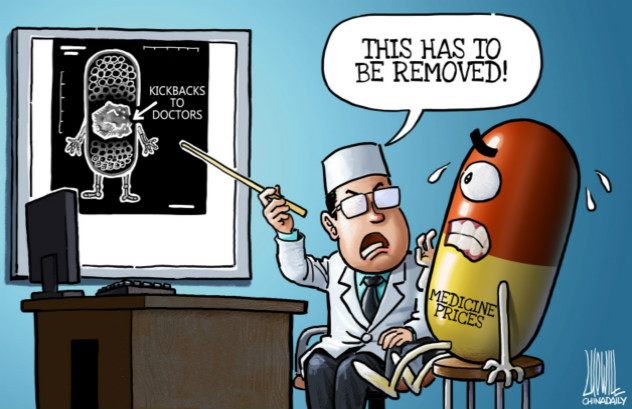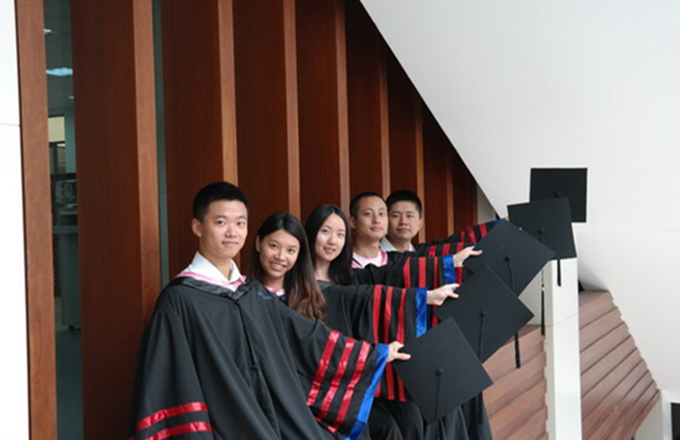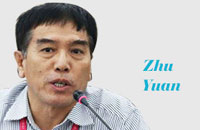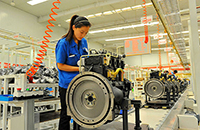Supervision of watchdogs to strengthen anti-graft fight
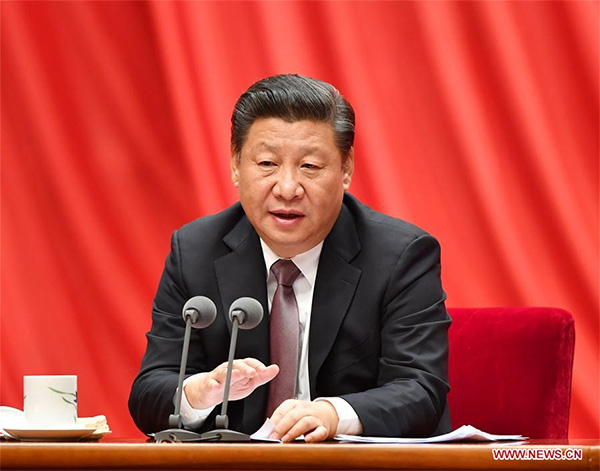 |
|
Chinese President Xi Jinping speaks at the seventh plenary session of the 18th Communist Party of China Central Commission for Discipline Inspection, Jan. 6, 2017. [Photo/Xinhua] |
Who will supervise the discipline watchdogs?
A plenary meeting of the Central Commission for Discipline Inspection, the Communist Party of China's top discipline organization, adopted rules on Sunday to regulate the supervisory power of the discipline officials.
The commission is a key instrument for fighting corruption within the Party, and its role in governing the Party in strict accordance with established rules and disciplines can never be overestimated. Given that more than 100 officials at ministerial or higher levels have been convicted of corruption as have many more at lower levels, the disciplinary body has indeed made great achievements.
Yet the more it has achieved, the more evident it has become that it has a long way to go to ensure its officials do not abuse their power in order to make illegal gains themselves.
For the commission, disciplinary inspection will always be a challenging work. It needs inspectors who work strictly by the rules, resist the temptation of seeking favors in exchange for being lenient with corrupt officials, and never compromise the principles they are supposed to follow.
Disciplinary watchdogs should be made to follow strict rules and need to be supervised because they, too, are humans and thus could be vulnerable to temptation.
In the past more than four years, 17 disciplinary inspectors have been either convicted or placed under investigation for corruption and nearly 8,000 have received punishments of different kinds for wrongdoings. A documentary telecast recently on China Central Television showed how some disciplinary watchdogs were bought off by corrupt officials to leak the problems they could be investigated for.
Stricter supervision of disciplinary watchdogs is also needed because a few bad apples could affect the overall fight against corruption. That's why the new rules for the commission stipulate a stringent process-how clues to corruption cases should be handled, how an investigation should be conducted, how money and materials confiscated should be managed, and how the entire inspection process should be videotaped and recorded.
The rules will help the mechanism within the watchdog to be designed in such a manner that any discipline official that violates or circumvents the rules cannot escape punishment.
Only when the commission itself becomes invulnerable to corruption can the fight against corruption fully succeed and the ruling Party be governed as strictly as it should be.




